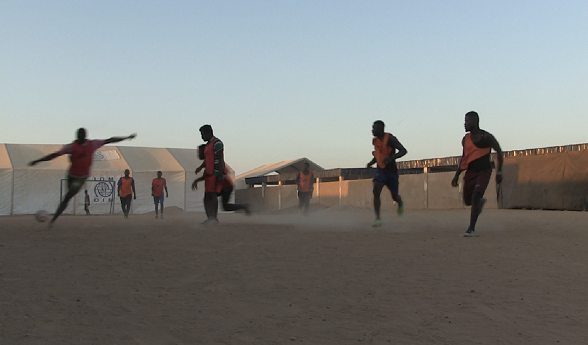News Highlights: Eritreans deported from Ethiopia, UK Court deems Rwanda deportations unlawful, New patrol boats to Libya
In this week’s News Highlights: Violence against civilians and refugees; Public facilities attacked and aid restricted in Sudan; Two-day Eid ceasefire broken; Women and civil society urge for cessation of violence in Sudan; RSF releases 125 SAF soldiers; Displacements due to conflict and food insecurities in Sudan; Troika condemns violence in Sudan; Kenyan President Ruto say there are ‘signs of genocide’ in Sudan; UNSC talks about Sudan; Eritreans face forced return from Ethiopia; Tigray church calls for resume of food aid to Tigray as hunger related death toll rises; Study finds children in primary school experience high levels of trauma; Facilities in Oromia looted and destroyed; Tigrayans disappeared during war still missing; Officials removed in Puntland, Somalia; EU delivers patrol boats to Libya coast guard despite its links with militia groups; NGO vessel rescues 86 people off Libyan coast; Dozens missing and 3 dead off Tunisian coast; Frontex contacts Libyan coast guard for SaR operations; Tunisian model should be extended in other countries, says EU chief; Hungary and Poland block conclusions on migration at EU Summit; ECtHR rules in favour of 67 ill-treated migrants and refugees; Walid case continues in the Netherlands; Rwanda deportation plan deemed unlawful; UK says cost of transferring to Rwanda is in the hundreds of thousands; Greece to continue “strict but fair” migration policy after elections; Greek police and Spanish NGO rescue more than 300 migrants and refugees; Save the Children’s proposal for the protection of unaccompanied minors in Italy; Spain and Morocco under investigation for delayed rescue; and Amnesty accuses Spain and Morocco of Melilla cover-up.



